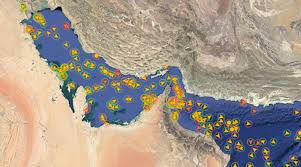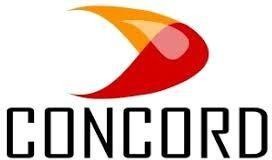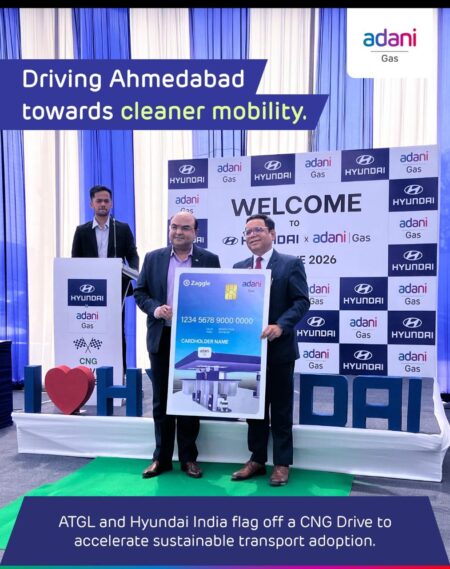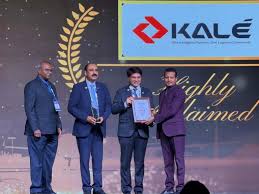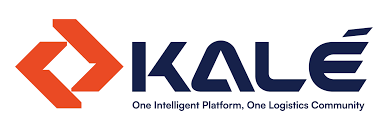
P.S. Atree, Director, P.S. Atree, gave his insights on how FFFAI is re-shaping the freight forwarding industry. He said, “The Federation of Freight Forwarders’ Associations in India (FFFAI) is making all out efforts to re-shape the freight forwarding industry in association with the Government of India as well as the International Federation of Freight Forwarders Associations (FIATA). In the month of August 2022, FFFAI held their 24th Biennial Convention in Chennai, wherein the Paperless FIATA Bill of Lading (eFBL) was introduced and inaugurated by the Hon’ble Minister of Ports, Shipping & Waterways. This FIATA Paperless Bill of Lading can be issued by Multimodal Transport Freight Forwarders using software that all stakeholders can access by simply scanning a unique QR Code. The introduction of this IT-driven eFBL will definitely reduce transaction time and cost for the EXIM trade of Indian manufacturers in the global markets. Furthermore, FFFAI is taking up all freight forwarder-related issues with the Government of India, for which a Logistics Division has been established in the Ministry of Commerce and Industry. The government also implemented the “PM Gati Shakti” plan in October 2021, which aims to boost economic growth through infrastructure building, improving the productivity of industries, and employment opportunities, which are all attributed to the economic growth of India.
The use of innovative methods of information technology in the field of freight forwarding has definitely reduced the time and transaction cost of the EXIM trade.
P.S. Atree
Regarding the problems faced by freight forwarders and CHAs, he says, “The government of India is in the process of simplifying EXIM trade business, especially relating to customs clearance work, with the use of the latest innovative technology with minimum interface with the trade or public by the government officers.” Consequently, the validity of most of the licences and permissions (Customs Brokers Licenses/Sea Cargo Manifest) under the Customs Act has been made “unless and until revoked”. Moreover, certain manual permissions for availing benefits under a specific notification for the import of goods required under IGCR, 2017 have since been done away with and made online, which has resulted in speedy clearance and a reduction in dwell time. There are certain issues, namely; delay in assessment; non-availability of part clearance of imported goods in the ICEGATE System; automatic re-credit of double duty payment on a/c technical glitch in the system, which needs to be addressed by the department, which will further reduce the transaction cost of the trade.
Atree also shared his views on the advancement and acceptance of technology on a daily basis and how technology will become the backbone of the freight forwarding industry. He said, “Computerisation in India has made tremendous achievements in the functioning of government departments,PSUs and other private organisations. Therefore, one has to adapt to the latest IT innovations in that field, otherwise such organisations cannot compete in the international market. In fact, the use of innovative methods of information technology in the field of freight forwarding has definitely reduced the time and transaction cost of the EXIM trade. Concerted efforts should be made towards making the atmosphere environmentally friendly by the use of the latest IT and electronic vehicles by all the freight forwarding organisations. Keeping pace with the latest digitisation technology, the FFFAI has launched the FIATA e-Bill of Lading in India for use by the Indian Logistics Industry and Freight Forwarders.
P.S. Atree Pvt. Ltd., is a logistics firm that handles the complete paraphernalia of shipments for customs clearance.

